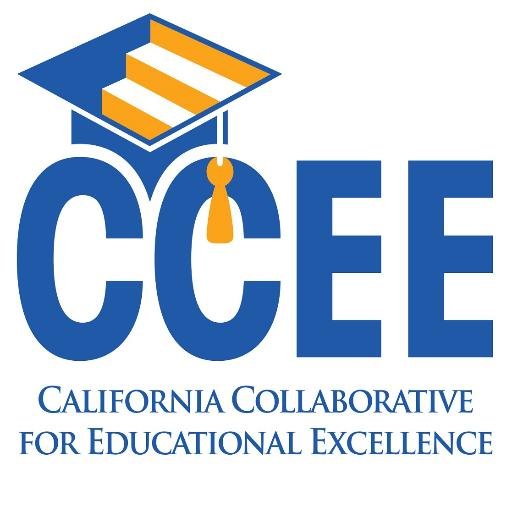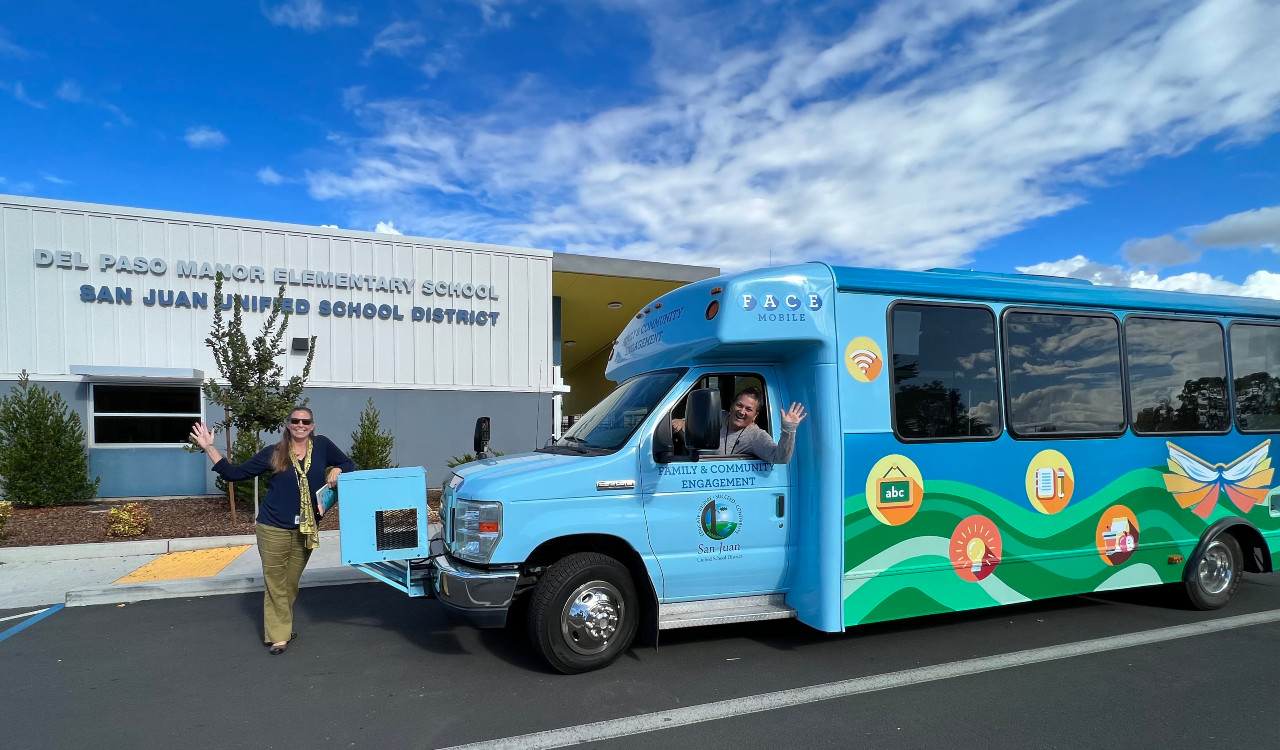At their Feb. 6 board meeting, California Collaborative for Education Excellence board members and staff discussed ways to ensure the Statewide System of Support is taking root, a continuing theme for the under-resourced organization. The system aims to assist local educational agencies by promoting partnerships, building capacity and focusing on continuous improvement by connecting LEAs with the CCEE and other state resources.
Thus far, the CCEE’s task of implementing the system and producing results at the local level has proven challenging, Roni Jones, the agency’s senior manager for the System of Support, told board members.
“As many of you maybe have heard at other State Board meetings or maybe in your work out in the field, why aren’t some of the changes we’re trying to implement sticking? Why aren’t some of the changes sustainable?” Jones asked. “We might see some improvements in a district, we might see some improvements within the system in small pockets, in small areas, but sometimes that doesn’t stick. Sometimes we see a back-slide. We see districts who seem to be on the right path but then sometimes we just sort of lose that forward momentum.”
Because the System of Support’s goal is to build capacity at the district level, rather than for an LEA to receive recurring help, Jones reported that the CCEE and California Department of Education are working with renowned systems theory expert Peter Senge of the Massachusetts Institute of Technology. Through workshops and trainings, Jones said, participants in the System of Support will learn about the cultural mindsets and collaborative approach needed to utilize and spread best practices across the state.
“We have some of these loose connections that we need to make tighter so we can actually share some of that learning and make that process of sharing across the state better,” Jones said. “We know if you put it on a website or in a binder it sits on a shelf sometimes. We’re trying to not just find a way to share those ideas but take those ideas and then have other people learn from them.”
CCEE Executive Director Tom Armelino said a renewed focus on systems mindsets and cultures will go a long way toward determining the success of the state’s novel approach to school improvement. “What I’m finding is the more we’re out there, everybody across the country is kind of looking at what’s going on here in California with some real interest,” he said. “Are we going to be able to make this work, the System of Support and not being a top-heavy system?”
Four districts eligible for systemic review
In his executive report, Armelino briefed board members on the Systemic Instructional Review Support process, for which four districts are eligible based on 2019 California School Dashboard results: Mt. Diablo Unified School District, Salinas Union High School District, Oakland USD and Sacramento City USD. The program calls for the CCEE to define action plans to help guide districts through the individualized support they need in partnership with their county office of education, geographic leads and other members of the System of Support.
Superintendent of Public Instruction Tony Thurmond, who serves as a CCEE board member, said the local, customized process should be beneficial to districts as long as it does not overwhelm them with unsynchronized support coming from all directions.
“How do we do that in a way that all the system partners who are helping can be maximized and we don’t flood a district that is in trouble and needs help?” Thurmond asked. “Sometimes when you need help, it’s hard even to know what help to ask for when you’re just trying to survive. And I know with some of those districts that they are literally working on survival strategies.”
In other CCEE developments:
- Board and staff members learned about new roles and responsibilities the CCEE may take on based on education trailer bill language in Gov. Gavin Newsom’s 2020–21 budget proposal. Among the highlights are establishing and administering the $300 million Opportunity Grant program aimed to further support struggling districts, county offices and charter schools; collaborating with the CDE to select a county office of education to serve as an expert lead in computer science within the System of Support; and assisting in designating a lead county office of education for a proposed California Dyslexia Initiative.
- Officials from Inglewood Unified School District presented on their progress (including a video on student voice) working with the CCEE to address the district’s financial and academic struggles. The agency has a statutory obligation laid out in 2018’s Assembly Bill 1840 requiring it to assist districts in state receivership or fiscal insolvency. Inglewood USD is currently under the leadership of appointed County Administrator Erika Torres after a series of seven state-appointed administrators dating back to 2012, when the district went into state receivership. AB 1840 shifted the oversight and monitoring of school districts in receivership to the county office.
The next CCEE board meeting is scheduled for 9 a.m., June 4, at a to-be-announced location.




